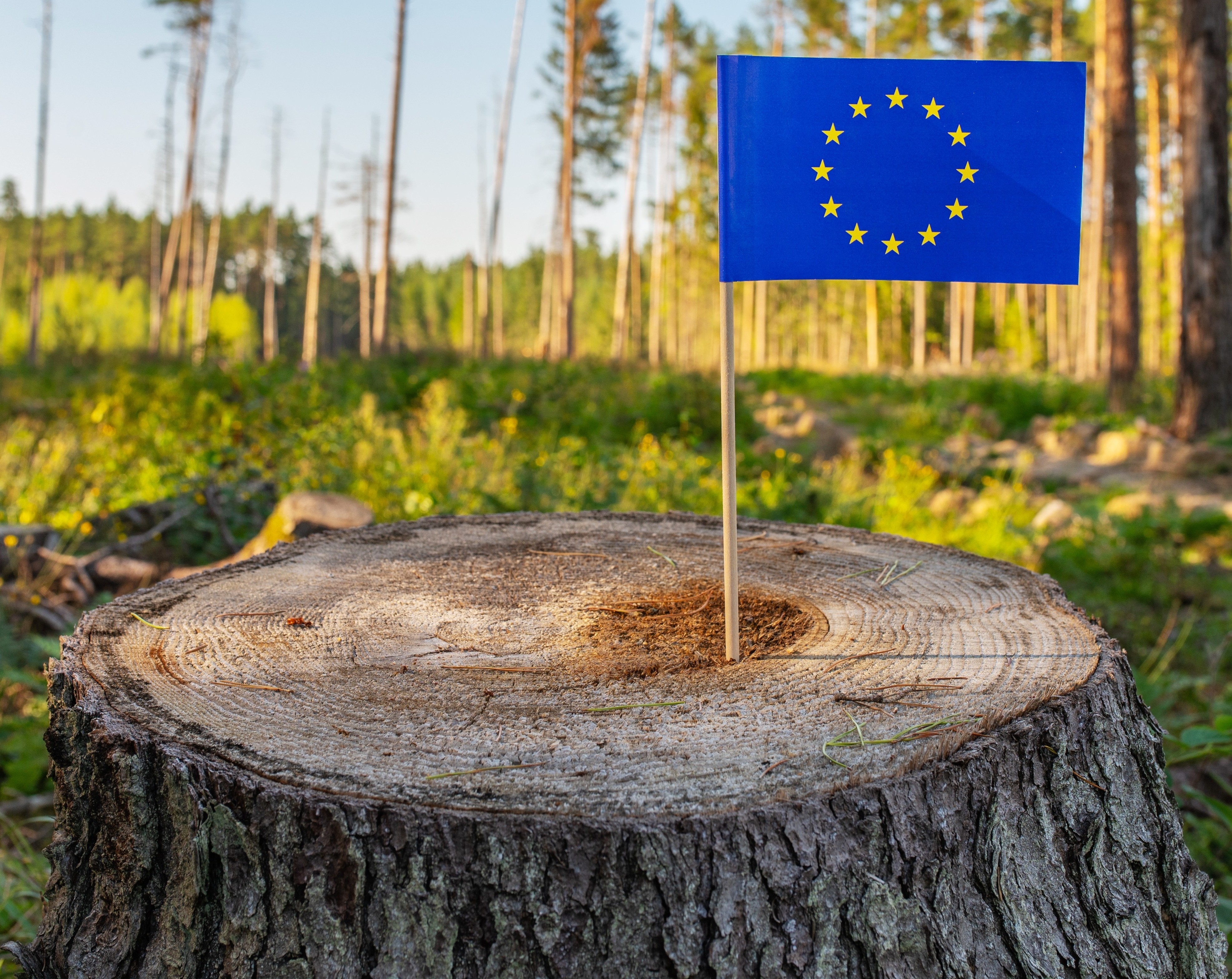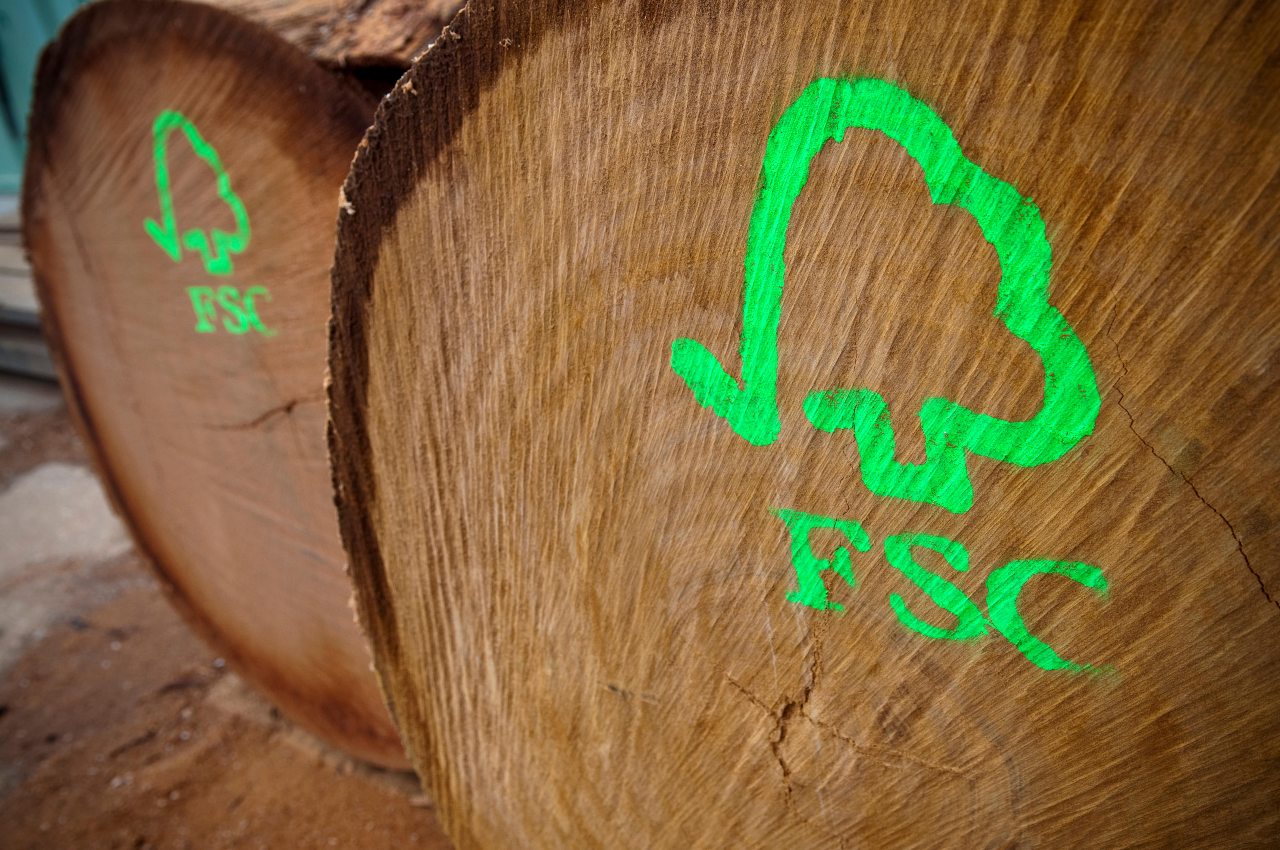
Warning sign, reading: “Access prohibited“ on the Campo Largo farm claimed today by Caracol Agropecuária LTDA — land originally settled by small-scale farmers
Harvard’s US$37.1 billion endowment fund has invested in a
vast farm in the Brazilian ag frontier that has been plagued by allegations of
illegal deforestation and violent expulsion of small-scale farmers from their
homes, an
investigation by Mongabay has found.
The investigation delves into the means by which the land
for a 140,000 hectare farm now owned by the fund in Bahia state was first
acquired, revealing a legacy of forced evictions, and a recent history of
illegal deforestation.
Mongabay obtained the findings of a Bahia state investigation
that found the land was acquired through allegedly illegal, and sometimes
violent, means.
It was settled by family farmers in the early 1990s, who
were forced to abandon their claims due to threats of violence. Edjarsson
Cardoso, leader of an association representing 22 families, told Mongabay:
“Armed people started arriving there, putting [up] fences, burning our crops,
destroying our houses.”
A state investigation seen by Mongabay concluded in 2014
that the farmland was taken through “absurd notary irregularities” and the
expulsion by physical violence of rural workers, along with “worrying
environmental distress”. The investigation found there had been one death as a
result of the conflict, but did not reveal specific details of the incidence.
In a summary of the case, Bahia prosecutor Estácio Marques
Dourado wrote that the evictions “constitute — in territorial extension — the
biggest [discriminatory action] ever done in [Bahia] state”. He forwarded the
findings to the State Prosecutor’s Office (PGE), asking it to cancel the
“forged, irregular and, therefore, illegitimate” private titles. But the case
never reached court.
“I can say there has been pressure from agribusiness
politicians for the [legal] process to stop,” says Mauricio Correa, a member of
the Association of Lawyers of Rural Workers in the State of Bahia. Now, the
lawyers association plans to pressure PGE to reopen the case.
The company that now owns the land was fined by IBAMA,
Brazil’s environmental agency, R$123,000 (US$ 37,000) for illegal deforestation
occurring in 2013.
The lands allegedly seized by violence and intimidation have
been passed from one owner to another, first from a Bahia state deputy named
Márcio Cardoso, then to a large-scale farmer, José Oduvaldo Oliveira Souza, and
ultimately to Caracol Agropecuária LTDA, a company from southern Brazil. This
last transfer of ownership occurred on portions of the disputed farmland
between 2008 and 2012.
The capital that Caracol used to buy the land has been
traced to its foreign partners by GRAIN,
an NGO that supports small-scale farmers and social movements. Caracol
Agropecuária LTDA is apparently owned indirectly by the endowment fund of
Harvard University.
A university subsidiary, the Harvard Management Company
(HMC), manages the US$
37.1 billion Harvard endowment. HMC, which oversees approximately
12,000 funds, is believed to own Caracol through two subsidiaries: Guara LLC
and Bromelia LLC, according to leaked tax documents.
Both Guara LLC and Bromelia LLC have active registration on
the Secretariat of Federal Revenue of Brazil, but work in the U.S., at the same
address as the HMC: 600 Atlantic Avenue, Boston.
Mongabay contacted HMC three times, and asked specifically
about its subsidiaries. The institution replied that it does not comment on
specific investments. However, HMC did send a link to its official
policy pertaining to natural resource investments, which emphasises
the fund’s goal of improving the properties it acquires — both environmentally
and socially.
In 2010, in an effort to restrain an escalation in the
purchases of rural properties by foreigners, the Brazilian government tightened
restrictions on foreign land acquisitions. Today, the law says that
several distinct foreign investors can own no more than 25% of the land
within any particular municipality, while investors of the same nationality can
own a maximum of 10% of a municipality’s lands. Caracol’s farmland
purchases account for well above those limits, at 35% of the Cotegipe
municipality.
Harvard’s endowment fund isn’t the only U.S. financial actor
active in Brazil’s agricultural sector. Another is TIAA-CREF, the Teachers
Insurance and Annuity Association – College Retirement Equities Fund. It is one
of the largest U.S. investment firms, and it manages U.S., Canadian and Swedish
pension funds, among others.
TIAA-CREF came under
pressure in 2015 for not disclosing the location of its investments in
Brazil; there were indications of human rights violations associated with those
investments. TIAA-CREF was contacted by Mongabay, but declined to comment.



